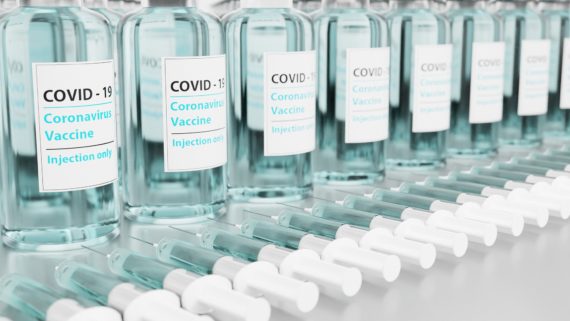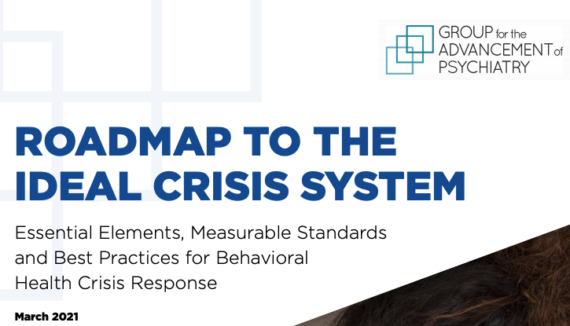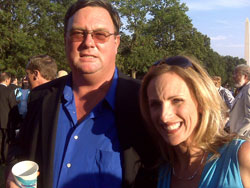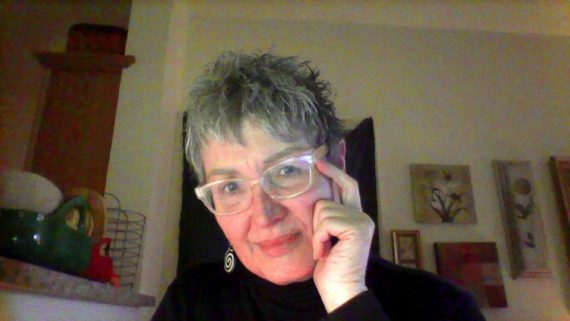
Image by torstensimon from Pixabay
(4-23-21) Three items worth your time.
- Two national mental health advocates warn that Americans with serious mental illnesses are not getting vaccinated and a “schizophrenia diagnosis is the second largest predictor of mortality from COVID-19, after age.”
- Arlington Va. advocates gain an ally in pushing for Coordinated Specialty Care (CSC) for those with early episode psychosis (or First Episode Psychosis).
- “If you tried, you couldn’t create a worst mental health system than what we have today,” claims Dr. Steve Seager in a powerful documentary that shows how our rush to close state hospitals has increased incarceration, homelessness, deaths and the abandoning of 350,000 on our streets. Featured in this film, which I missed when it was first released, are frequent guest bloggers on my page – Laura Pogliano, Teresa Pasquini, Susan Inman and the late D. J. Jaffe.






